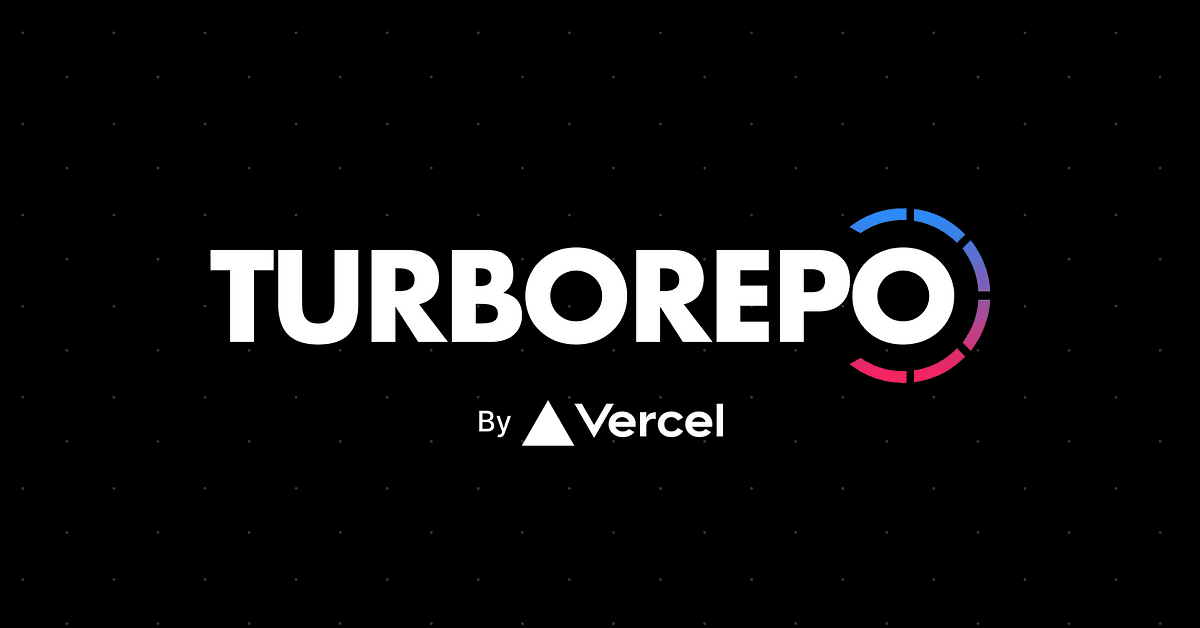
This is a weekly newsletter written by Chetan Gupta.
In the ever-evolving landscape of software development, optimizing workflows and enhancing collaboration are perpetual goals. Enter the monorepo – a solution gaining traction across tech organizations worldwide. But what exactly is a monorepo, and why is it causing such a stir in the development community? Let's delve into this concept and explore its potential benefits.
What is a Monorepo?
A monorepo, short for monolithic repository, is a version control repository that contains multiple projects, modules, or components. Unlike traditional approaches where each project has its own repository, a monorepo consolidates all codebases under a single repository.
Breaking Down Silos
One of the key advantages of monorepos is their ability to break down silos within development teams. By housing all projects in a centralized location, developers can easily navigate between different components, share code more efficiently, and gain a holistic view of the entire codebase. This fosters collaboration and enables teams to work seamlessly across projects.
Streamlined Dependency Management
Dependency management is a common challenge in software development, especially in projects with numerous dependencies across different modules. Monorepos simplify this process by centralizing dependencies, making it easier to manage versions and ensure consistency across projects. Developers can update dependencies globally, reducing the risk of compatibility issues and streamlining the development workflow.
Enhanced Code Sharing and Reusability
In a monorepo environment, code sharing and reuse are significantly improved. Developers can easily extract common functionality into shared modules or libraries, which can be accessed by multiple projects within the repository. This promotes code consistency, reduces duplication, and accelerates development cycles as teams leverage existing code instead of reinventing the wheel.
Improved CI/CD Pipelines
Continuous integration and continuous deployment (CI/CD) pipelines are essential components of modern software development practices. Monorepos facilitate the implementation of robust CI/CD pipelines by providing a unified environment for testing and deployment. This simplifies the configuration of pipelines, reduces overhead, and ensures consistent testing across all projects within the repository.
Effective Versioning and Release Management
Versioning and release management can be complex in multi-repository environments, often leading to inconsistencies and confusion. Monorepos offer a unified approach to versioning and release management, enabling teams to synchronize releases across all projects within the repository. This ensures coherence between different components and simplifies the process of tracking changes and managing releases.
Challenges and Considerations
While monorepos offer numerous benefits, they also present challenges that organizations must address:
- Increased Repository Size: Monorepos can become large and unwieldy over time, especially in organizations with extensive codebases. This may impact performance and require robust tooling and infrastructure to manage effectively.
- Granular Access Control: Managing access control and permissions within a monorepo can be challenging, particularly in large organizations with diverse teams and projects. Organizations must implement granular access controls to ensure that developers have appropriate access levels to different projects and components.
- Tooling and Infrastructure: Adopting a monorepo requires investment in tooling and infrastructure to support the unique requirements of a centralized repository. Organizations must evaluate their existing tooling and infrastructure and make necessary adjustments to accommodate the monorepo model.
Conclusion
Monorepos are revolutionizing the way software is developed, offering a unified approach to version control, dependency management, and collaboration. By breaking down silos, streamlining workflows, and promoting code reuse, monorepos empower development teams to work more efficiently and deliver high-quality software at scale. While challenges exist, the benefits of adopting a monorepo far outweigh the complexities, making it a compelling choice for organizations seeking to optimize their development processes in today's fast-paced digital landscape.